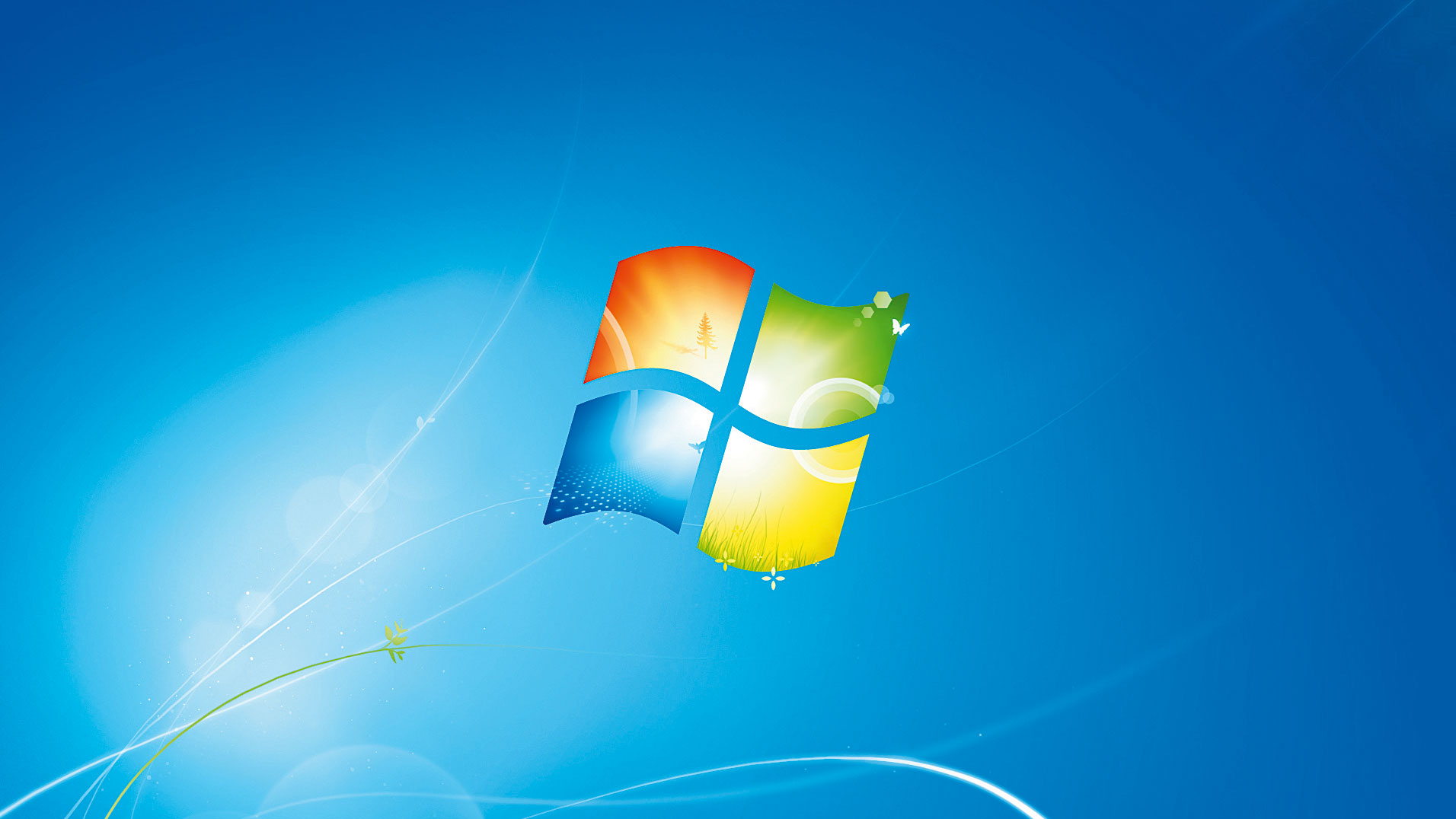
Sign up for breaking news, reviews, opinion, top tech deals, and more.
You are now subscribed
Your newsletter sign-up was successful
Without wanting to descend into hyperbole, may unlimited horned monkeys of shame and disgust rain upon Microsoft for the new Microsoft Signature.
What is it? It's Windows 7 as it more-or-less should be sold anyway – a copy of the operating system on a PC, minus the crap usually stuffed on there by OEMs, flogged with a few misleading pictures of literally bloated laptops. And frankly, it's everything wrong with PCs right now.
As strange as it may sound to actively want Microsoft to crack the whip on its biggest Windows customers – which are Original Equipment Manufacturers, not the likes of us – it needs to happen. There is no excuse for new PCs to come piled up with anti-virus trials, built-in helper apps and all that other nonsense.
While every OEM will happily tell you "our customers tell us they love our added value" (Really? I would ask you to think back to any time you have ever told a company you love it), the real reason it's there is to squeeze a little extra profit and branding out of every PC sold.
If Microsoft wants to make a difference, the first step is to finally lay down the law – if you want to sell Windows, you have to sell it clean.
Removing bloatware
You might not see the problem here, if you either build your PCs from scratch or routinely format them as soon as they arrive. Both are wise moves. You are, however, an experienced, hardened, dare I say it, even knee-tremblingly attractive PC expert.
Most customers are not in the same boat, and to them the slow boot-up speeds and obtrusive helper apps are the PC experience. Things have reached the point that there are now tools such as the awesomely named PC Decrapifier.
Sign up for breaking news, reviews, opinion, top tech deals, and more.
Microsoft Signature is particularly insidious, in that it employs doublespeak in its sell. "Microsoft engineers remove all the trialware and unnecessary software," it promises, as if such things are naturally occurring phenomena. "It's not only clean, but it now performs as it was originally designed! Think of it as adding turbo to your PC!"
What? This isn't even accurate. Microsoft's definition of stripped down, as is fairly typical, adds a silent "except our stuff" by including software such as Security Essentials, pointless programs such as Windows Live Writer (seriously, who uses that?) and Windows Live Mesh.
No, none of these things are exactly going to strain your PC, but nor are they the sign of a stripped-down, fully optimised machine of the elder gods.
Even so, there's something to be said for Signature as a concept – that if Microsoft somehow can't lay down the law for Windows properly (though it clearly can – what's the world going to do, switch to Linux? Not happening!) it can at least promote a specific experience.
Are clean PCs the future?
Signature could simply be code for "Not sucky", so that people can buy a PC in the knowledge they won't have to format the whole thing on arrival or spend the next year wondering why the internet is QuintoSearch branded.
Unfortunately, any goodwill is lost with Signature Upgrade, a service that enables you to take your PC into a Microsoft Store for decrapifying. How much does this cost? $99. Good grief, that's an entire colostomy bag right there.
Not only has Microsoft already been paid for that copy by the OEM, you can buy Home Premium for less than that! If anything, you should be refunded your travel costs and given a box of chocolates as an apology.
If Microsoft wants to make a difference, it can, and without even ruining the current crapware party. For example, employ some automation. Let OEM manufacturers put stuff on their machines if they want (stats from PC Decrapifier show that only 54 per cent of people remove the most often removed offender, which amusingly happens to be the MSN Toolbar), but only if they leave a prominent button that restores everything to an optimised baseline.
It could use a special System Restore point or similar. With this, they'd be incentivised to put stuff people might actually want on their machines, and consumers wouldn't suffer if they screwed up. Everyone who matters wins.
As it is, trying to make out that a clean system should be a premium offer is simply wrong. Companies that do this are betraying their customers, and Microsoft should be fighting against that rather than just murmuring disapprovingly in exchange for even more money.
Aside from anything else, crap-infused PCs set a bad precedent for the rest of the world. Why would a big download site feel shame at wrapping its downloads in a hateful wrapper if the PC world's biggest giant is cool with it? Why wouldn't every other free app bundle some worthless toolbar if the perception is that it doesn't matter?
More importantly, why would people keep using a PC if they can get a better, smoother experience from something more locked down, such as a tablet, phone or Mac? It's in everyone's interests to keep things smooth, even if it means sacrificing a little up-front profit – and for Microsoft to finally use its power in the name of the greater good.